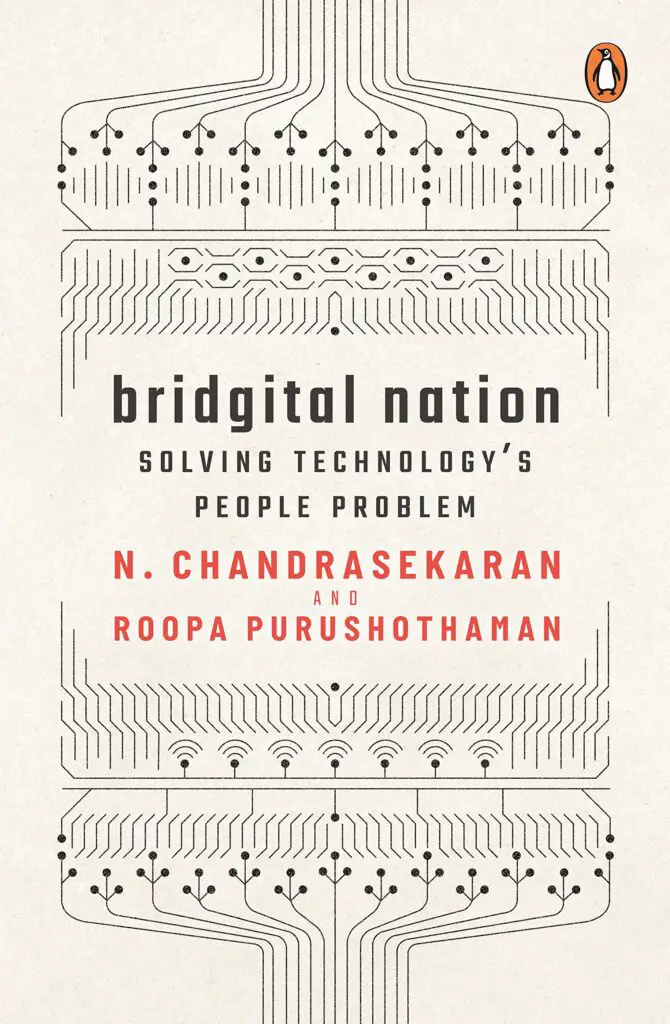It’s clear that technology is driving change and transformation in businesses around the world.
As a result, companies are hiring digital talent and creating a range of digital transformation job opportunities to help them harness the power of data, build smarter workflows with AI, develop automations, and increase overall operational efficiency.
But how is this trend towards technology affecting the world as a whole, particularly in developing nations?
Is it creating new jobs for underserved populations, while also improving education, healthcare, and social services?
In Bridgital Nation: Solving Technology’s People Problem, the authors N Chandrasekaran, Executive Chairman of Tata Sons, and Roopa Purushothaman, Chief Economist and Head of Policy Advocacy at the Tata Group, provide an insightful look into the role that technology plays in our modern world and how it can be used to close the divide between rural and urban dwellers, particularly in India.
The book discusses the need for what the authors call a “bridgital” nation – one that leverages both digital and physical infrastructure to provide access to essential services and opportunities for all.
The authors argue that technology, such as AI, can be a powerful force for good if used correctly, but that there is a risk of exacerbating existing inequalities if it is not deployed in an inclusive way. For example, if deployed correctly, rather than take jobs away, AI can be used to create new jobs.
The authors encourage entrepreneurship, training opportunities, and the advancement of women in the workplace. It’s a positive outlook for how technology can reshape the Indian economy. The model, of course, is applicable to other geographies and developing nations.
The book provides a detailed roadmap for how this can be achieved, and makes a compelling case for why it is essential to do so if we are to create a fairer and more prosperous society.
Overall, Bridgital Nation is an important and timely book that offers a valuable perspective on the role of technology in bridging the rural-urban divide.
As we consider how digital transformation can impact companies, this book teaches us that technology should not just be reserved for the elites in our society, but that it can and should be used to improve the lives of everyone, regardless of their background or location.
